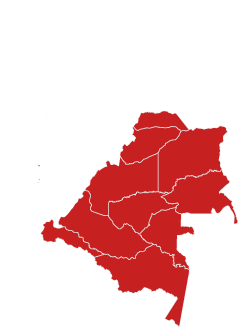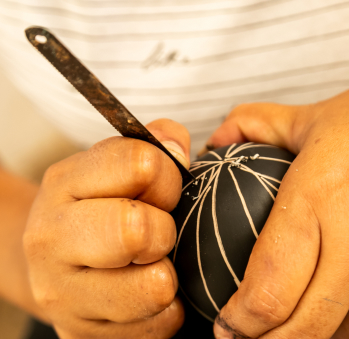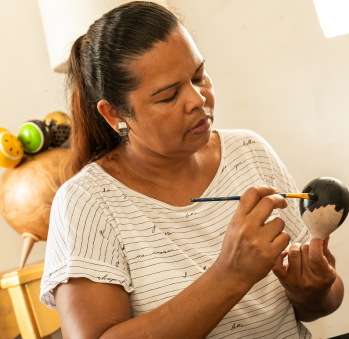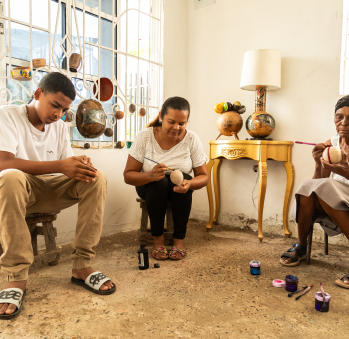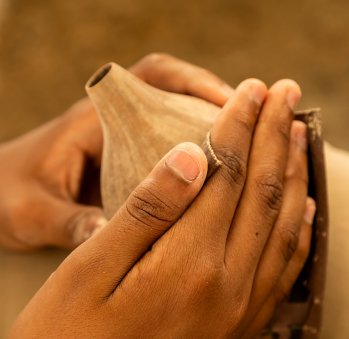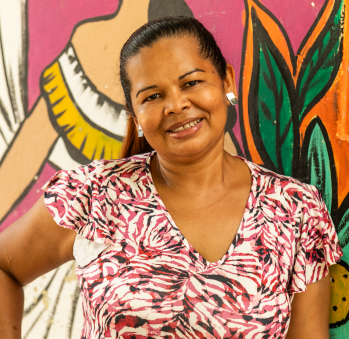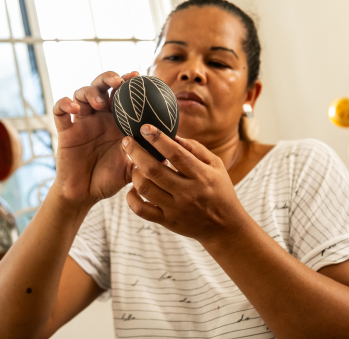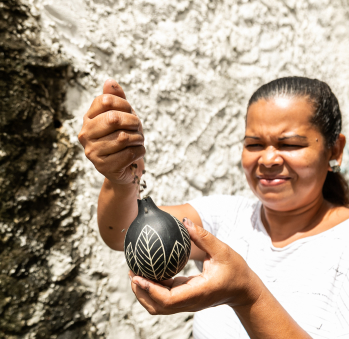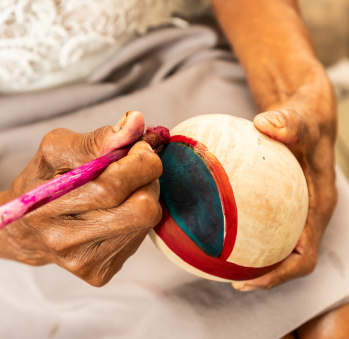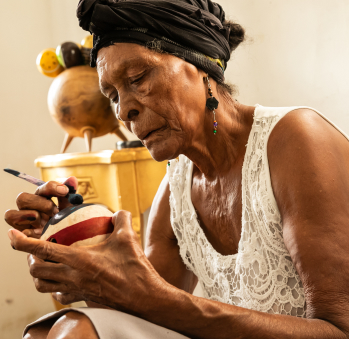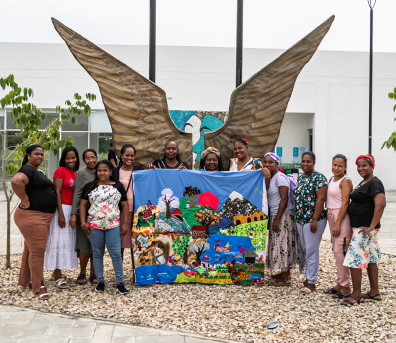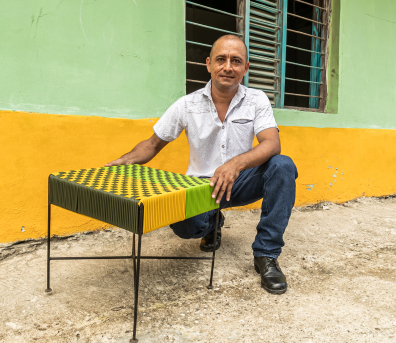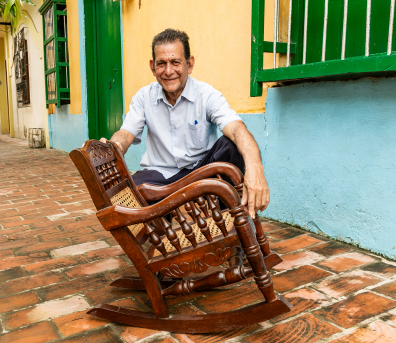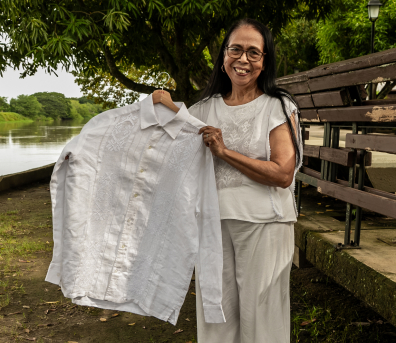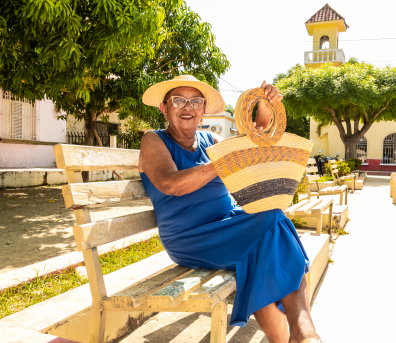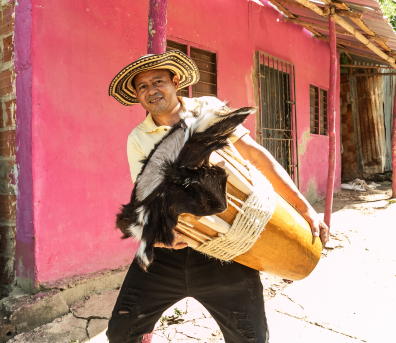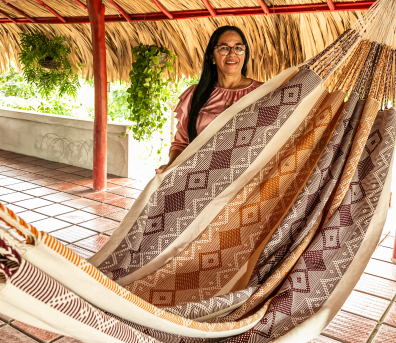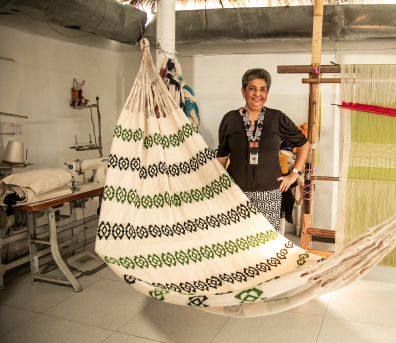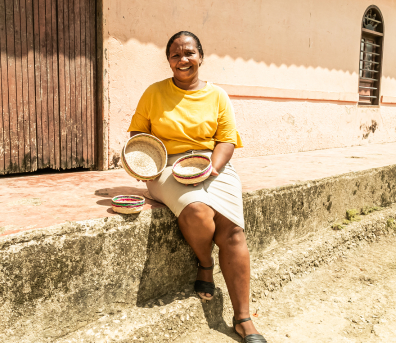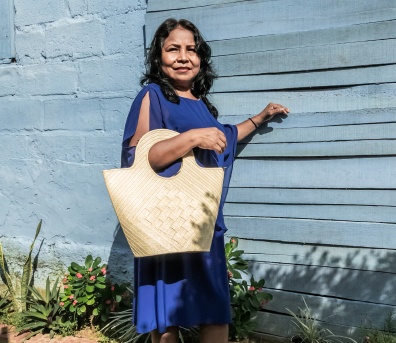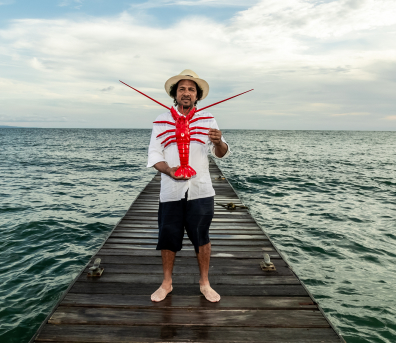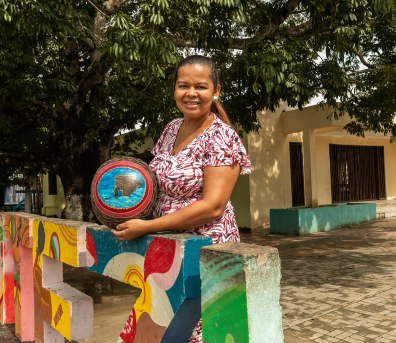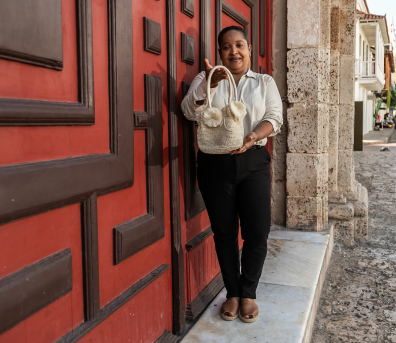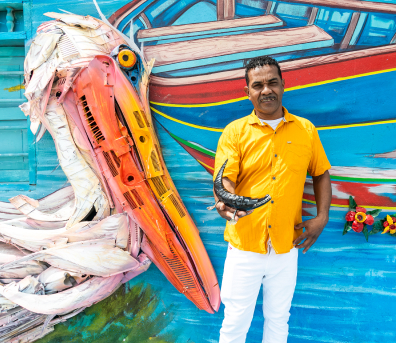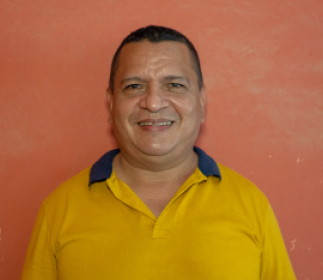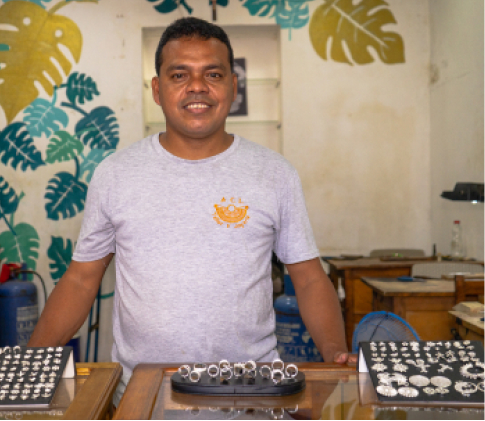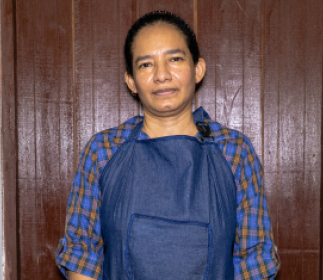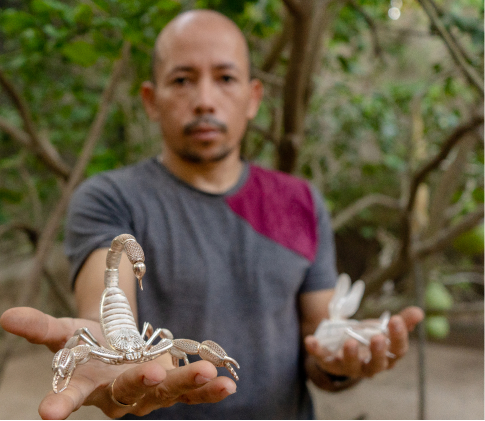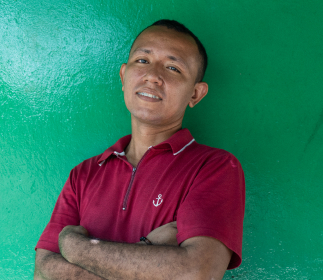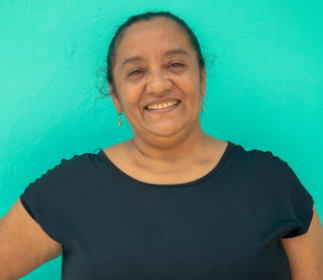Elibeth Beltrán Páez
Workshop: E.a.pont
Craft: Trabajo en no maderables
Trail: Bolívar Route
Location: Cartagena, Bolívar
SCHEDULE YOUR VISIT
Calle 5, a las 15 letras, Pontezuela, Bolívar
3007566720
beltranpaezelibeth@gmail.com
@e.a.pont
The story goes that in 1960, a man named Rafael López Baena arrived in Bolívar. He came from Spain, worked as an animal taxidermist, and was blind. He had a friend named Victor Torres and another called Pancho, with whom he traveled all over the region hunting, until they reached Pontezuela, where Victor Torres fell in love with a woman named Griselda González. They became engaged, and after they married, Victor brought Rafael to live with them. This is how Rafael, known in the town as “”Mono López,”” became the one who taught Lorida Ortega how to work with totumo. Lorida, in turn, passed on the knowledge to her daughter-in-law Elibeth Beltrán Páez, who she affectionately calls Lili.
Lorida remembers watching Mono López scrape the totumos while teaching them, instructing someone to open a hole, using knives, asking another to hold the totumo in place, and running his hands over it as it was scraped and sanded. He also taught them to paint the gourds with a wood varnish mixed with alcohol, applying it with pieces of flannel. First white, then green, and finally red. At that time, Lorida was just 15 years old, and since then, she has worked with totumo, a craft she passed on to her children. Over the years, they all worked together as a family. She even learned how to climb the trees to harvest the material. It was in Mono López’s workshop, long before falling in love, that she met the man who would become the father of her children, Abelardo González. And this is where the stories and paths converge because their son, Alex González, moved to Venezuela, where he met Elibeth.
Elibeth recalls that after they met and started a family, it was common for them to travel back and forth between both countries, sharing time with both families, until they decided to settle in Colombia to face the crisis in 2019. It wasn’t easy. Their two children had been born and raised in Venezuela, so they had to adapt, and Elibeth, too, who, in her search for work, decided to give totumo crafting a try—this craft that her husband’s family knew so well. She started from scratch and was fortunate enough to discover she had a talent for it. The first thing she made were the traditional maracas, which have long been sold in Cartagena, filled with river pebbles. With the ease she learned, perhaps because she had always enjoyed inventing things, decorating cakes, and crafting with foam, it didn’t take her long to come up with new ideas. Using scraps from pencil holders and cups, she began working on earrings and necklaces, making sure nothing went to waste from the totumo. Upon arriving, the family also strengthened their connection with Artesanías de Colombia. Her husband, who had learned the craft as a child but had to refine his skills as an adult, also innovated by creating small cups in various sizes, which became popular between their customers. With the fresh energy of Alex and Elibeth, the family absorbed new designs, cuts, and colors. They also enrolled in courses to learn the best way to clean totumo with alum, as well as how to take better photos of their products and improve the packaging. Today, this extended artisan family creates planters, lamps, cups, accessories, and of course, the traditional maracas.
Craft
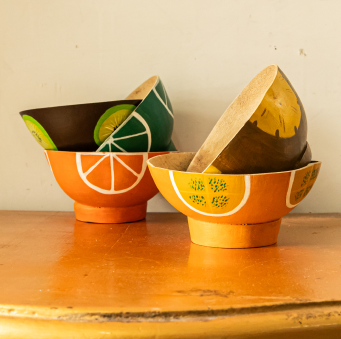
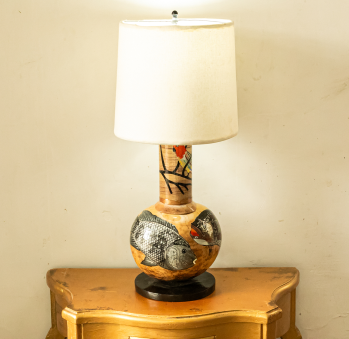
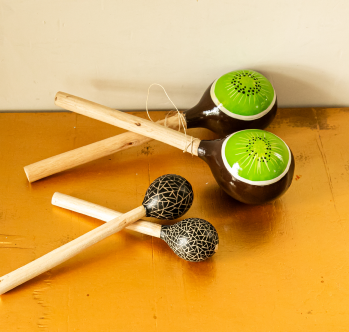
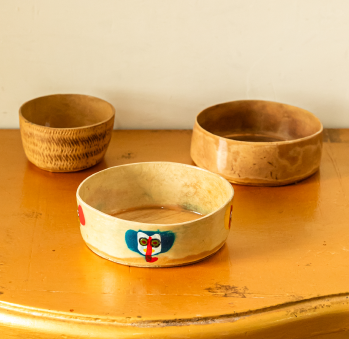
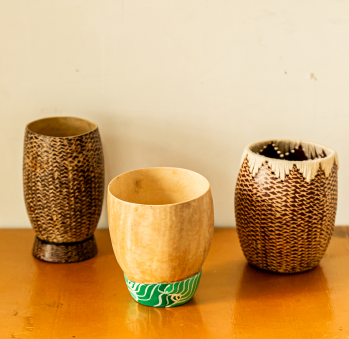
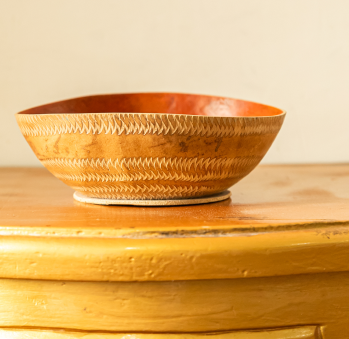
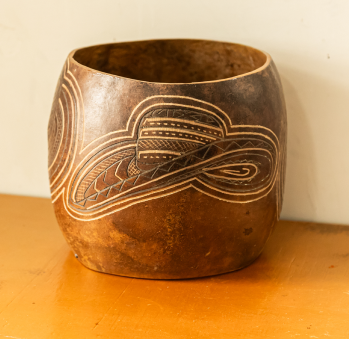
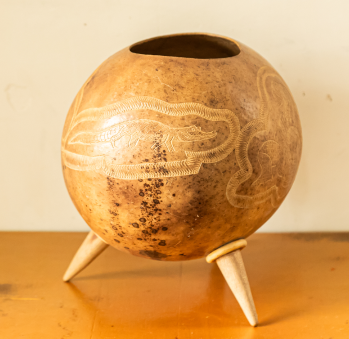
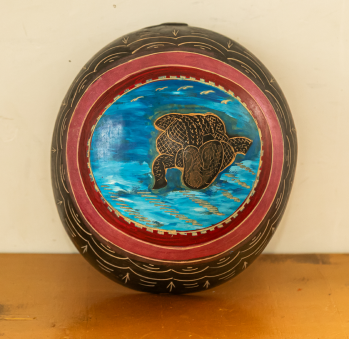









Artisans along the way
Artisans along the way
No puede copiar contenido de esta página

